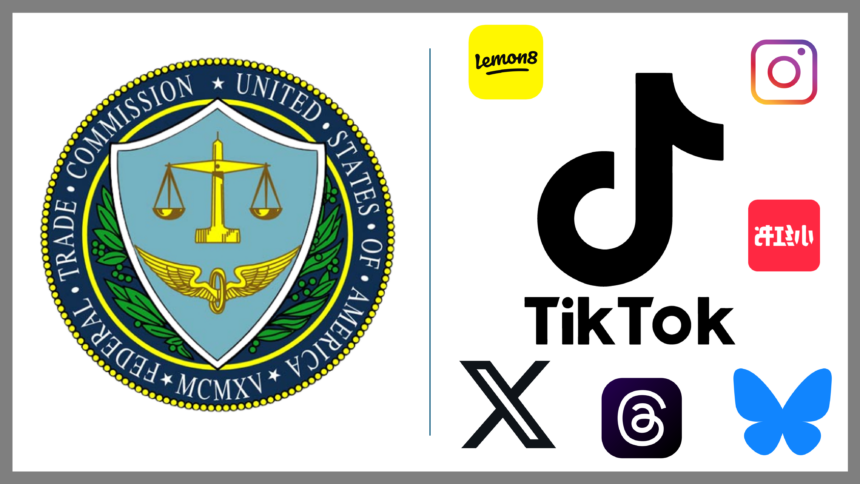The Federal Trade Commission (FTC) is asking the public for input on how social media platforms handle content moderation. The agency is collecting feedback on whether companies such as X (formerly Twitter), Meta (Facebook, Instagram, Threads), and YouTube unfairly limit content or remove posts without proper justification. The FTC wants to know if users have had their accounts suspended, posts deleted, or engagement restricted without clear explanations.
FTC Chair Andrew N. Ferguson, appointed by former President Donald Trump, has framed the issue as a matter of free speech, suggesting that platforms may be exercising too much control over content. The agency has opened a public comment period until May 21, allowing individuals and organizations to submit their experiences. The collected responses will be published on regulations.gov for further review.
This inquiry reflects the ongoing debate over the role of social media companies in controlling online conversations. Some argue that platforms should be able to moderate content, while others believe they are unfairly silencing certain viewpoints. The FTC’s investigation could influence future policies on how digital platforms handle content restrictions.
What’s Happening & Why This Matters
Debating Social Media Control
Social media companies have walked a fine line between removing harmful content and allowing free speech for years. Critics argue that private platforms have too much power over public conversations, often limiting perspectives that challenge mainstream views. Supporters of moderation say these policies help curb hate speech, misinformation, and harassment.
A central concern is the lack of transparency in moderation. Many platforms use automated systems to flag or remove content, which can result in errors that affect journalists, researchers, and regular users. Some claim their posts were removed, accounts restricted, or engagement throttled without explanation.
Legal experts point out that while government oversight of social media is limited, companies have been pressured to enforce content policies in ways that raise concerns about fairness. The debate over content moderation is not new. Past incidents, such as Twitter and Facebook blocking a New York Post article on Hunter Biden’s laptop in 2020, have fueled skepticism about platform decisions. Both companies later admitted mistakes, but the controversy led to accusations of bias.

More recently, in 2023, Meta mistakenly shut down the Kansas Reflector newsroom’s accounts, citing a faulty phishing detection system. These cases show how moderation policies can unpredictably impact users and organizations.
Tech leaders take different stances on content control. Elon Musk, owner of X, has promoted a free speech-first approach and banned journalists and accounts that track his private jet. His handling of content moderation has been criticized for being as unpredictable as his predecessors’.
The FTC’s inquiry could lead to a deeper review of how social media platforms enforce moderation policies and whether new measures are needed to ensure consistent enforcement.
TF Summary: What’s Next
The FTC’s call for public input on social media content moderation could influence how platforms handle restrictions and removals. The agency will accept feedback until May 21, and responses will be published on regulations.gov. Depending on the findings, the FTC could push for increased transparency and changes to moderation policies.
— Text-to-Speech (TTS) provided by gspeech


